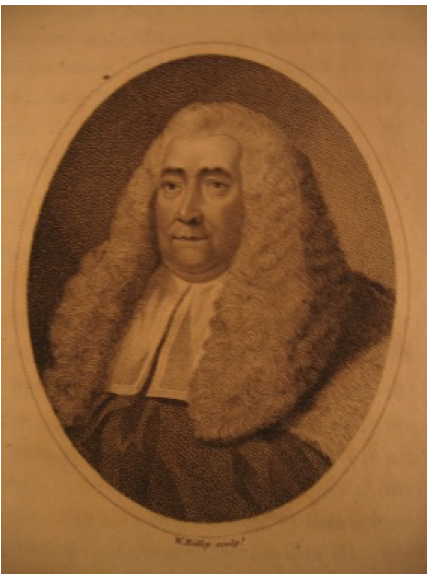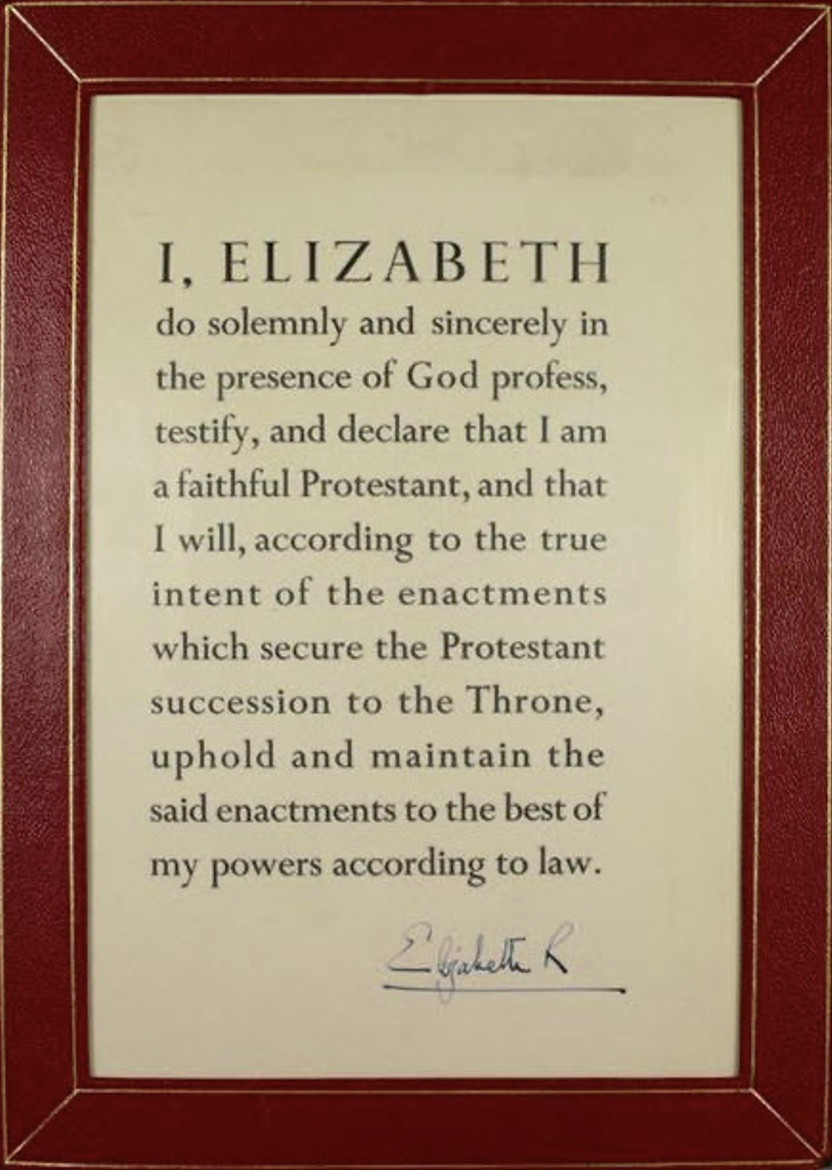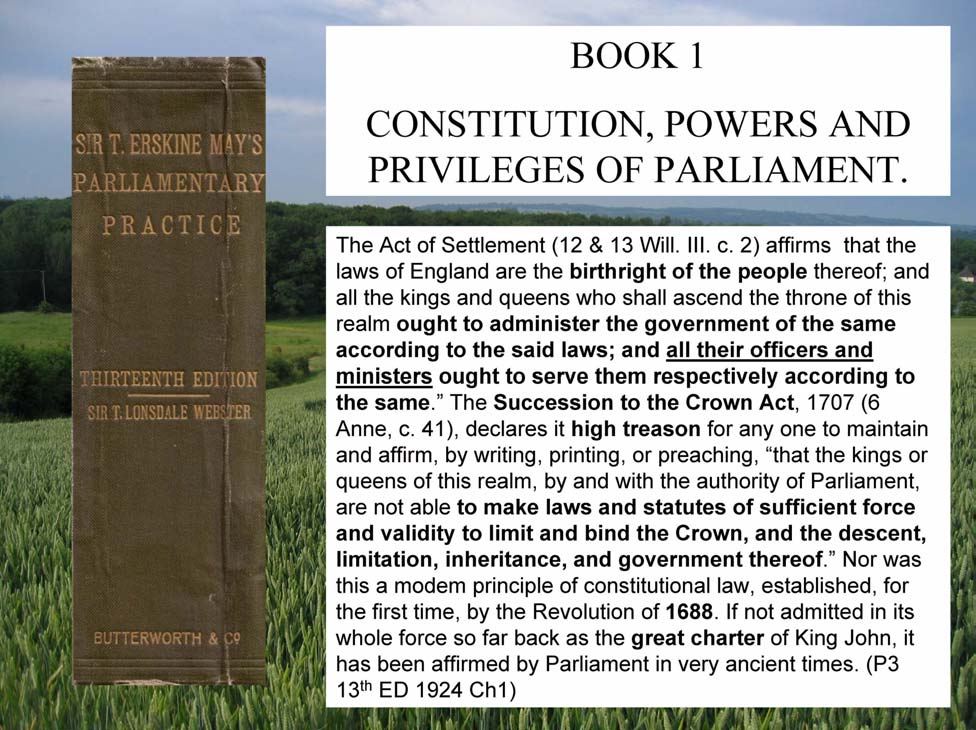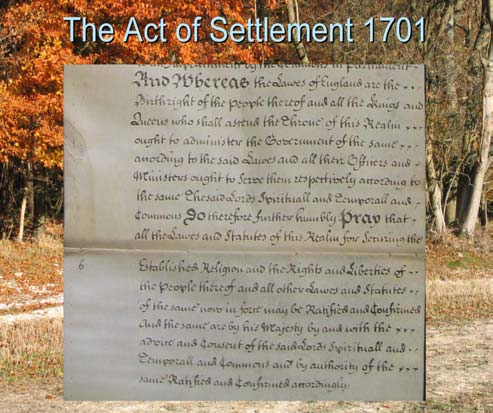A Brief Constitutional Review of Brexit
This essay was written to inform the final Brexit debates of the May Government
Parliament is a tripartite body and the rule of law binds its individual parts most particularly the Crown. The two Houses hold the key to the context and content of the law making but the power of Governance is always in the Crown and through the constitutional use of the law. At times of dissolution it becomes starkly apparent where the Sovereign constitutional power resides. The Commons are non existent and set for re election and the House of Lords are on hold. Yet there is no transfer of power. The armed services report to the Crown. A dissolution may democratically adjust the membership of the those who sit to advise in the Commons but does not alter the placement of sovereign power. Bills are of no force or effect without Royal Assent and Ministers are Crown Servants. So it is clear the sovereign power of governance is held by the Crown under a constitutional contract:-

Sir William Blackstone 1723-1780
The Coronation Oath
“However, in what form it so ever be conceived, this is most indisputably a fundamental and original express contract“
“…and to reduce that contract to a Plain certainty. So that whatever doubts might be formerly raised by weak and scrupulous minds about the existence of such an original contract, they must now entirely cease; especially with regard to every prince, who has reigned since the year 1688.”
Constitutionally it is the imperative and paramount duty of the government to repair, recover and correct any and all breaches of sovereignty at the earliest moment. This is compulsory according to our law. The treaties that have enabled this unconstitutional intrusion can only have been agreed in error. They are in conflict with our constitution so far as any breach of Sovereignty is created or enabled. Effectively the Crown has been deceived in its grant.
There comes a point in our constitutional arrangements where the Crown is compelled to act by the common law, the statute law and the custom in order to defend and maintain the constitution. If a situation arises where the failure of government to re establish and secure sovereignty continues the people may require the Crown by right of petition to deliver correction forthwith.
The Crown may not suspend and dispense with the law save when authorised by Parliament. Well the Bill of Rights and related enactments as per the Coronation Oath and the Accession Declaration Oath impart the consent and duty to void contrary measure.
It commands the ‘sole and full exercise‘ of sovereignty will remain in the Crown and that the laws are the ‘birthright‘ (Act of Settlement) of the people and that there will be ‘no doing or proceeding to the prejudice of the people to be taken in consequence or example‘. It goes further and lays down the duty to be obeyed for its maintenance and enforcement. Here is just one of those commands for those in governance to uphold accordingly :-
The Bill of Rights
Can all ‘all officers and ministers whatsoever‘ say that they have observed this duty? Can the Privy councillors say that they have observed the intent of their Oath of office? Look at these obligations sworn to be undertaken.
Extract of The Privy Council Oath
“…You will to your uttermost bear Faith and Allegiance to the Queen’s Majesty; and will assist and defend all civil and temporal Jurisdictions, Pre-eminences, and Authorities, granted to Her Majesty and annexed to the Crown by Acts of Parliament, or otherwise, against all Foreign Princes, Persons, Prelates, States, or Potentates. And generally in all things you will do as a faithful and true Servant ought to do to Her Majesty SO HELP YOU GOD”
These are clear and legal limits to the democratic power in governance which the Crown is bound by law and oath to uphold. The Houses of Parliament may not act in defiance of the rule of law and in defiance to the limitations of the Crown. The people have ‘ancient and indubitable rights,’. The obligations arising from the rules of law that are undertaken by the Monarch in support of the constitution are likewise the undoubted duty of all those in governance to uphold. This is emphatically stated in our law and is current. At this moment it is the legal duty specified to be observed.
Bill of Rights
The doctrine no ‘Parliament may bind its successors’ holds no water in any of what is said here, it does not and cannot apply. All in office owe allegiance and must obey the law there are no caveats to this.
To change these arrangements would require renunciation of the Rule of Law and to the Monarchical Oaths and thus ascertain the necessity of abdication. Such might only happen by clearest consent of the people most probably after multiple elections of Parliament and certainly a dissolution. There is currently no question of abdication or of the people wanting to destroy the Kingdom or their birthright and the Rule of Law; quite the contrary is evidently the case.
These obligations are current and are statute law and more. This is the duty for the two Houses of Parliament to observe and support in their day to day business. They owe allegiance to the Crown which secures the rule of law to the people with the Coronation Oath and the Accession Declaration Oath. That is the Crown’s duty for returning allegiance to the people through observance of law. By what right may politics be placed above the law by Crown servants?
The Coronation oath is the contract that requires the Crown to ‘Govern’ that is a continuous reign long solemn undertaking and to ’cause law and justice in mercy to be used in all judgements’. This is the relationship between the Crown and its Subjects. It is non negotiable. It is the Custom and the Common law, it is entrenched by oaths and by Statutes. It must remain unmitigated, perfect and complete.
The Accession Declaration Oath

Erskine May

‘Be Ye ever so high the law is above you’
‘Be you King or Commoner the law is above you’
‘The king must not be subject to any man, but to God and the law, because the law makes him king’
We have gone adrift in our governance and this must be rectified. The administrative model has given Parliament an anaesthetic and allowed the Rule of law to be undermined by overzealous administration exactly as Lord Hewart of Bury Lord Chancellor warned in his book the New Despotism. There is no power legitimately granted to the Crown in Parliament to continue this failure.
One area that has not been talked about is the effective creation of a standing army by the EU. This may not be for the United Kingdom. Standing armies are denied the Crown. King Charles the 1st lost his head because he used French soldiers to complement his army and assert his will and this was duly declared treasonous. A standing Army was outlawed by our constitutional settlement of 1688. It is the reason that the Army Act was renewed annually albeit now modified in recent times to the life of Parliaments. The renewal is required because it is a condition of the Bill of Rights. It is a constitutional and entrenched constraint limiting the Crown and sworn by the Crown to be maintained. This renewal requirement is a proof of the binding duty imposed by the Bill of Rights on the Crown in Parliament.
All the aforementioned principles leave those supporting the Remain campaign in effect campaigning for a continuance of the breach of sovereignty and moving towards a treasonous position. Well given that this is a very Public issue, overt and not covert, it is just about tolerable but make no mistake the constitution would be destroyed by acceptance or furtherance of the breach. Ultimately it might force an abdication if somehow it was asserted in the face of the current constitution. The government and Parliament are not and cannot be in the business of revolutions.
For this to happen lawfully new constitutional arrangements would need to be made. The abdication route with dissolution et al and the pre agreement and acceptance of the largest majority of the people would be paramount. Without full public understanding, acknowledgement and engagement how could a new Monarch be sworn in? The EU model imagines the realm divided in rule between the Mainland and Northern Ireland and a standing army coming into being. No new Monarchy could sit upon the throne knowing the Oaths were to be abused and of no force or effect, it becomes a constitutional absurdity. This cannot just be swept aside by Parliamentary vote contrary to the law.
When this true price of our liberty is explained and promulgated to the public there would seem to be zero possibility of it succeeding. Which is most likely why it has not been talked about in political circles or confronted, but set aside. Well the cat is partly out of the bag and the public will not be forgiving. As Lord Hewart of Bury quipped ‘in the end there will not be enough lamp posts to go around’. But the Public will praise and thank those who create remedy.
This can be turned and must be the political way forward. There should be no talk of extended deadlines for this will simply encourage the EU not to concede anything and that is not a constitutionally acceptable position or legal. The public realise this is about governance and know that we need redress. The papers are full of letters to this effect.
The Constitutional requirements for the full re-establishment of our sovereignty and full control of our armed forces must be made clear to the EU negotiators. ‘This is where we are heading’ and it is not politically optional now the constitutional errors of our position have been exposed. Continuation with EU proposals would be to commit malfeasance and perhaps treason. Continuation with those proposals or their abandonment still necessitates constitutional remedy in the absence of any agreement. Defiance would in principle need the Monarch to abdicate so that new constitutional arrangements might be made. Her Majesty may not be deliberately placed in breach of Her oaths. Nothing could be more politically suicidal, needless to say it will not be happening because it is precluded by the principles of the rule of law and written into parts of our constitution. Her oaths must be fulfilled.
This should be promulgated throughout the public. It will immediately bring many of varying opinions to unity and loyalty to the Nation. It will give very serious food for thought about the lack of constitutionality for those who have sought to remain.
This establishes that the Treaties that brought us this far were too wide in scope and accepted by us in good faith but now exposed to be in constitutional conflict. Treaties made in conflict against the fundamental laws of a state give us powers of remedy re the EU under the Vienna convention for the law of treaties of 1969. They are listed in Part V of the Treaty.
The EU is attempting to bind us into a position which is in conflict with our known constitutional law and thus an error which we could not have forseen would be instigated because we could not have legitimately joined in the first instance knowing that there would be such intransigence by them about leaving by negotiation.
Such an agreement is disbarred by the Vienna convention on the law of treaties. This would almost certainly fall within Part V of the convention declaring the conditions for the invalidity of treaties. Thus by our showing that the fundamental laws of our constitution prohibit any breach of Sovereignty the EU never-ending backstop is not a position which they may maintain and expect us to agree to under the terms of international law. Northern Ireland may not be separated.
The treaty of Lisbon was set up with the explicit intention of having a leave mechanism for any member state wishing to depart the treaty which is now being made inoperable for us by their unprincipled intransigence on insisting on a condition which is not constitutionally compliant for us.
Therefore we should leave and keep our money and announce our imminent departure set for the 29th of March.
Faced with such a fait accompli they may seek last minute compromise. Else nothing is lost and our negotiating hand stands to be significantly strengthened Any thing short of this is likely to be politically disastrous. This seems to offer hope of some redemption. for the political mess that Brexit has dissolved into.
In Summary:
- Breach of sovereignty exists and must be remedied forthwith
- There can be no Standing Army
- Any solution must comply with international law
- The subjects have a right of remedy in petition direct to the Crown to demand the enforcement of our constitutional law
- The laws are the Birthright of the people. Parliament may not destroy its omnipotence and thereby displace that Birthright to a foreign potentate
The Act of Settlement

The will of the people has been expressed.
However our written Constitution and the Rule of law also determine……
Elected politicians do not sit in Parliament, to:-
Place the Monarch in breach of Her sworn duty.
Sell out the Birthright of the People to a Foreign Potentate.
To cede any governance to those who owe no allegiance to the Crown.
To support Ministers in contravention of their Privy Council oaths.
To place the House of Lords in contempt of the Crown.
To breach their own allegiance.
To disobey the law. Most particularly the Bill of Rights, An Act to secure the Rights and Liberties of the Subject.
To place others in breach of their constitutional duty.
To create taxation without representation.
To separate the people from their courts.
To devise a Standing Army.
Parliament has no lawful power to destroy its own omnipotence. It is the law and a written part of our constitution.
There can be no power in Parliament to continue any Breach of Sovereignty. It is the Crown’s sworn duty to defend and recover it and thus the Duty of all in Governance whatsoever to repair the Breach at the earliest time.
Contrary action may qualify as Treasonous and or Malfeasance in public office and would likely entail perjury and contempt of the Crown and Statute. All very serious offences.
The sound bite arising from all of this is ‘No Potentate‘.